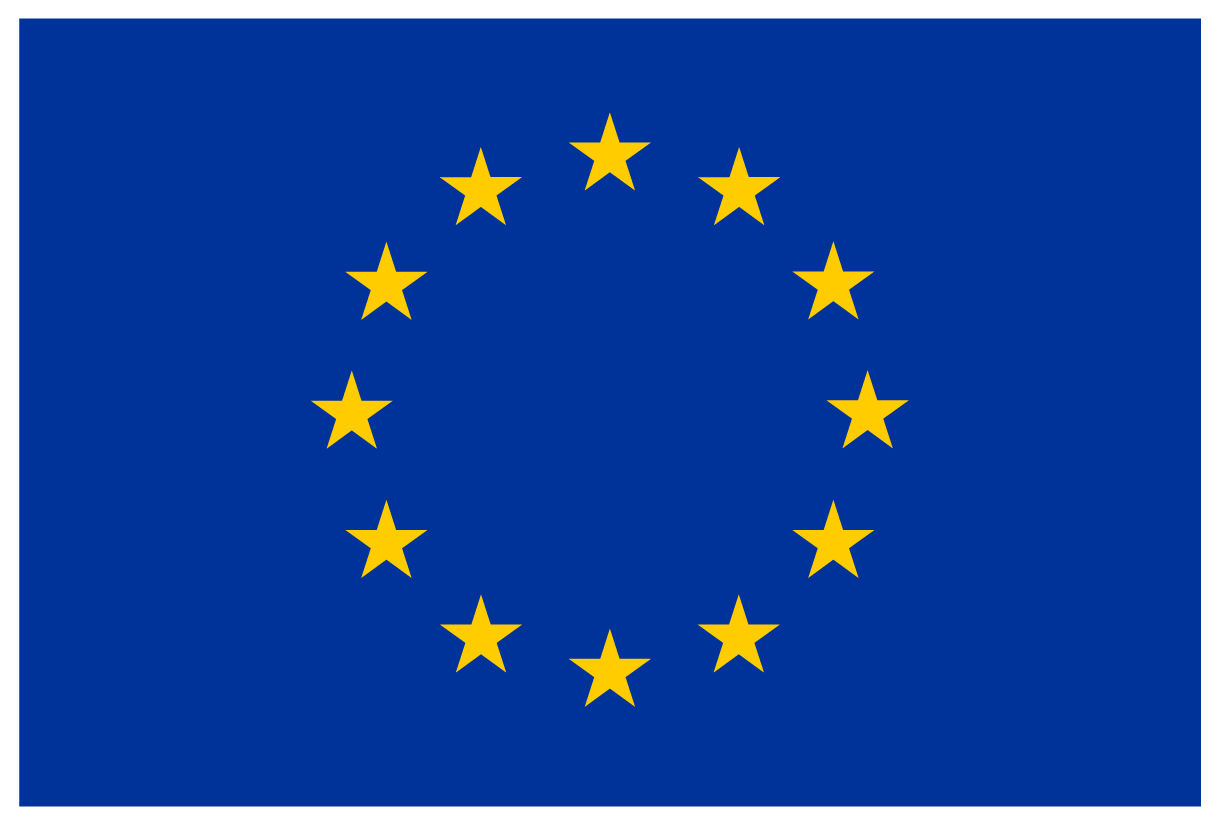Check out the microcredential website of University of Málaga to register. You can let us know your preferences by filling in the form below. Download our FAQ to know more about the course inscription.



Integrated quantum photonics
University microcredential
Language: English
From July 20, 2026 to July 31, 2026
3 ECTS - 30 hours
Mode: Online and hybrid
This course covers the fundamentals and most relevant applications of quantum optical technologies in integrated platforms. It studies all the functional blocks of a quantum photonic chip: single-photon sources and other more sophisticated quantum states, key passive and active devices for manipulating individual photons (such as interferometers, couplers, and modulators), and single-photon detectors required for photon counting, with an emphasis on single-photon detectors based on superconducting nanowires.
It then explores how the analyzed photonic structures can be combined to enable the implementation of complex quantum systems crucial for the development of emerging quantum technologies: optical quantum computers, boson samplers, or secure quantum communication networks. Additionally, the course includes an introduction to the practical challenges of manufacturing and experimentally characterizing quantum integrated circuits.
The course also covers the use of simulation tools (electromagnetic and quantum) to analyze system performance. In this way, students will gain a comprehensive view of integrated quantum photonics and its prospects in the so-called second quantum revolution.
Lecturer
Invited speakers
Timeline
The course will start on July 20, 2026 and will end on July 31, 2026. The first half will be online lessons about concept and fundamentals, while the second half will focus mostly on laboratory exercises and simulations that can be made either on-site or online (hybrid mode).

The courses will be funded for up to 12 students who meet the established academic requirements thanks to the Plan de Recuperación, Transformación y Resiliencia  and the NextGeneration EU
and the NextGeneration EU  . A brief interview or exam may be conducted to gain a better understanding
of the applicant's background and motivations. The registration fee for the rest of the students will be 450 €.
. A brief interview or exam may be conducted to gain a better understanding
of the applicant's background and motivations. The registration fee for the rest of the students will be 450 €.
Students who enroll in any microcredential must hold a bachelor’s degree in one of the following areas:
- Engineering (in any of its specialties).
- Physics.
- Chemistry.
- Mathematics.
In exceptional cases, students who are currently pursuing a bachelor’s degree in one of the aforementioned fields and still need to complete 30 ECTS (excluding the final degree project and external internships) may be admitted.
For this specific course, it is recommended to have basic knowledge of quantum physics, but it is not mandatory.
Students who complete all the microcredentials (not necessarily in the same courses edition) will receive the Specialization Diploma in Integrated Photonics from the University of Málaga.
- Integrated quantum photonics: an introduction.
- Generation of quantum states of light.
- Manipulation of quantum states of light.
- Single-photon detection.
- Current applications of integrated quantum photonics.
The professional software ANSYS ACADEMIC LUMERICAL MULTIPHYSICS will be available for students to perform the laboratory exercises proposed in the different microcredentials from their own computers. This software is widely used by companies in the sector and research centers for modeling, simulation, and design of integrated optical devices.